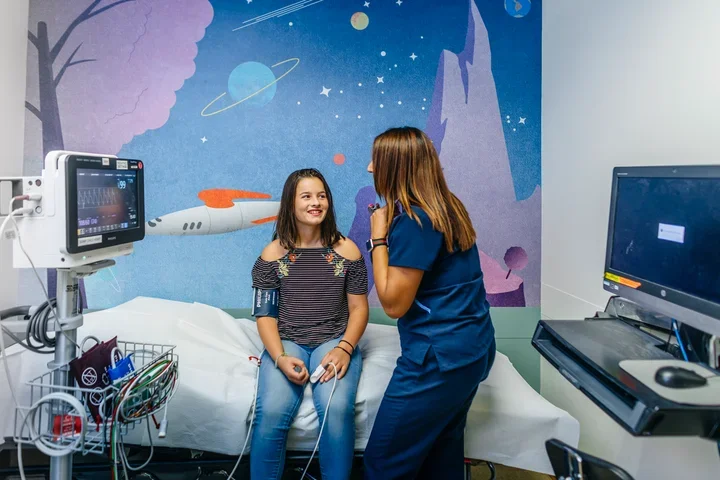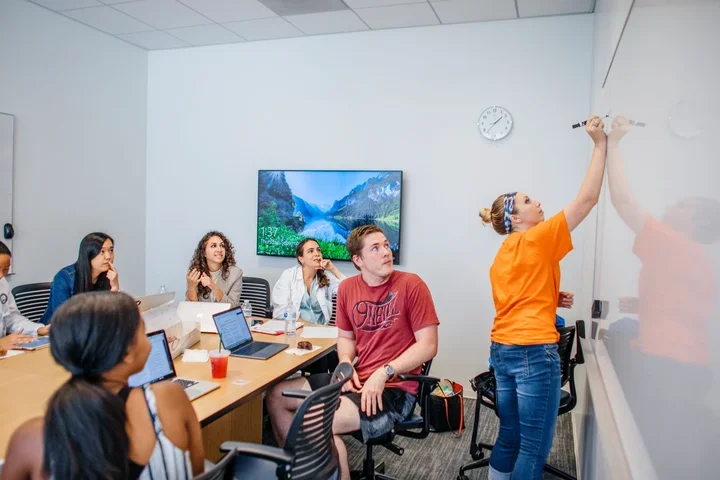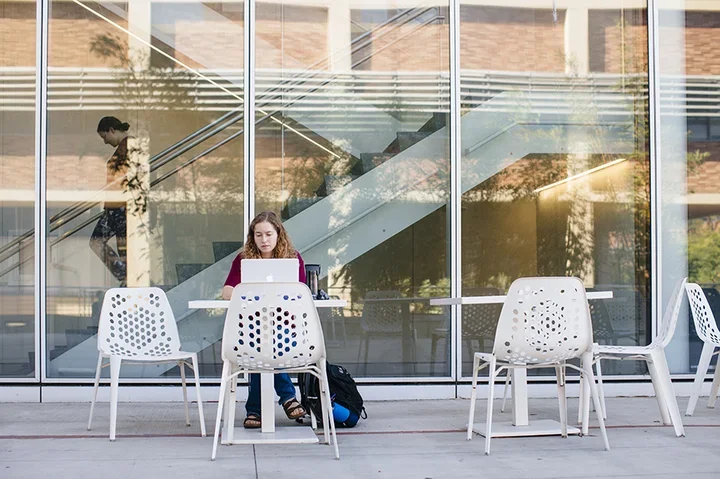What Is Medical School Like Your Last Year?
What Do You Learn as an MS4 Medical Student?
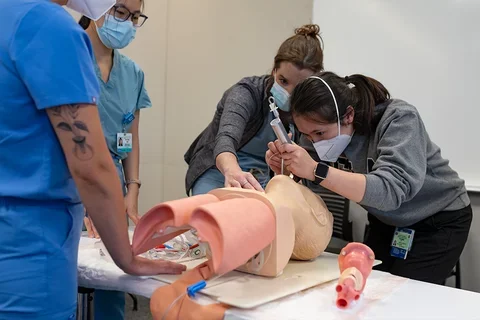
A Day in Life of Dr. Christine Thang, DGSOM Class of 2015
What's it like to be a final-year medical student? Dr. Thang answers this question.
You’ll Explore and Develop During Clinical Rotations
At the end of the third year, medical students plan clinical rotations for the final year. DGSOM requires 30 weeks of clinical experience, and students choose the rotations that will best prepare them for residencies and future careers. Dr. Thang says the rotation year presents an opportunity for exploration and development.
"It gives you time to explore. You can go to different hospitals in the LA area and experience a variety of hospital settings. Or you can do rotations away from LA, which helps students if they want to explore a new city or if they want to go back East. There is lots of flexibility to plan your schedule and [tailor] it to what you want to do after you graduate."
You’ll Receive Career-Specific Mentoring
Students choose rotations based on their interests and career advice from faculty mentors; the DGSOM matches medical students and faculty mentors during the third year.
Dr. Thang specially requested her mentor because he was involved in her chosen career path. She had also worked with him before, so she knew he understood what she wanted to achieve.
You’ll Get More Involved With Patients
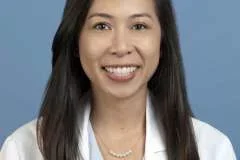
According to Dr. Thang, students get even more involved with patients during the final year of medical school.
"The patient looks at you as the person who answers their questions. There's so much to learn in the third year, but in the fourth year, you are surprised at how much you have learned in taking care of patients. You are expected to be in the hospital longer ... As a final-year medical student, you have more autonomy and independence, but not completely without residents and attendings guiding you along the way. There's a lot of great training in the fourth year, and you learn how to be efficient and manage your time — skills that you need for residency."
You’ll Experience the Final Year in Waves
Dr. Thang says the fourth year of medical school comes in waves. The year starts on an academic note as students take the USMLE Step 2 exam. After that, the year takes a clinical turn as students complete rotations and apply to residency programs.
By Match Day in March, clinical rotations wind down and many students travel, spend time with family and friends, get married, or even participate in global health rotations.
"I went to Bangkok, Thailand, for my global health rotation. I was at an academic hospital and was surprised at the similarities. I had patients to care for and the healthcare teams were the same ... [W]e practiced evidence-based medicine, but I got to see how healthcare is delivered in a foreign country and experience a different culture," she says.
To summarize, the final year of medical school is a satisfying mix of learning, preparing for residency, and celebrating years of hard work and accomplishment.
(How Many Years Is Medical School? Click the link to learn more about the UCLA Heals Curriculum for MS1, MS2, MS3 and MS4 Students)
